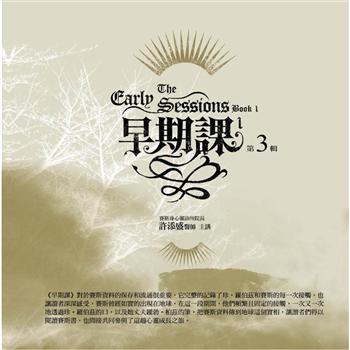William Klein’s Mr. Freedom (1969) is one of the most important American satirical films ever made, the tale of an American superhero with disastrously misguided priorities. Although it was made in France and with a largely French cast, Klein was an American ex-pat (and GI in France during World War II), and the film’s primary topic is American culture. That the film is still so largely unseen (despite a Criterion Collection re-issue) seems to have something to do with a view of it as being, in the words of critic Jonathan Rosenbaum, "conceivably the most anti-American movie ever made". While this is not remotely true, it is indicative of the immense force of the film, particularly for American viewers.
Part of the argument of Tyler Sage’s entry into the Constellation series is that the film is no more "anti-American" than a significant number of others (Dr. Strangelove or High Noon are obvious comparisons) but is off-putting exactly because it highlights that which many moviegoers cannot tolerate having questioned: the ideological nature of American films themselves. It is mildly critical of American policy, but it is directly critical of American mass cultural output. Mr. Freedom is not some outrageous outlier but a part of a tradition as long as that of American arts and letters itself, one that uses satire and exaggeration to reflect on the excesses, foibles and dangers of the stories we tell ourselves.| FindBook |
有 1 項符合
MR Freedom的圖書 |
 |
MR Freedom 作者:Sage 出版社:Auteur Publishing in Partnership with Liverpo 出版日期:2022-06-01 語言:英文 規格:精裝 / 112頁 / 普通級/ 初版 |
| 圖書館借閱 |
| 國家圖書館 | 全國圖書書目資訊網 | 國立公共資訊圖書館 | 電子書服務平台 | MetaCat 跨館整合查詢 |
| 臺北市立圖書館 | 新北市立圖書館 | 基隆市公共圖書館 | 桃園市立圖書館 | 新竹縣公共圖書館 |
| 苗栗縣立圖書館 | 臺中市立圖書館 | 彰化縣公共圖書館 | 南投縣文化局 | 雲林縣公共圖書館 |
| 嘉義縣圖書館 | 臺南市立圖書館 | 高雄市立圖書館 | 屏東縣公共圖書館 | 宜蘭縣公共圖書館 |
| 花蓮縣文化局 | 臺東縣文化處 |
|
|
圖書介紹 - 資料來源:博客來 評分:
圖書名稱:MR Freedom
|






![塔木德:猶太人的致富聖經[修訂版]:1000多年來帶領猶太人快速累積財富的神祕經典 塔木德:猶太人的致富聖經[修訂版]:1000多年來帶領猶太人快速累積財富的神祕經典](https://media.taaze.tw/showLargeImage.html?sc=11100697818)




